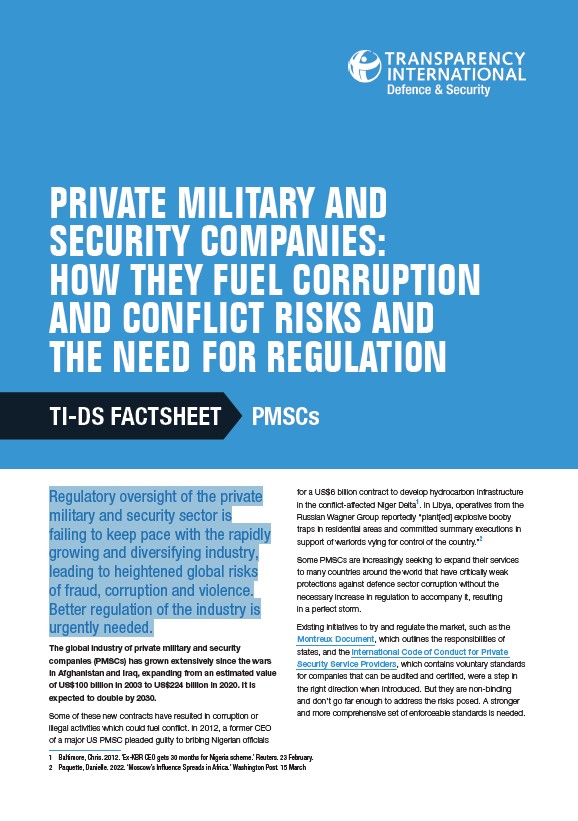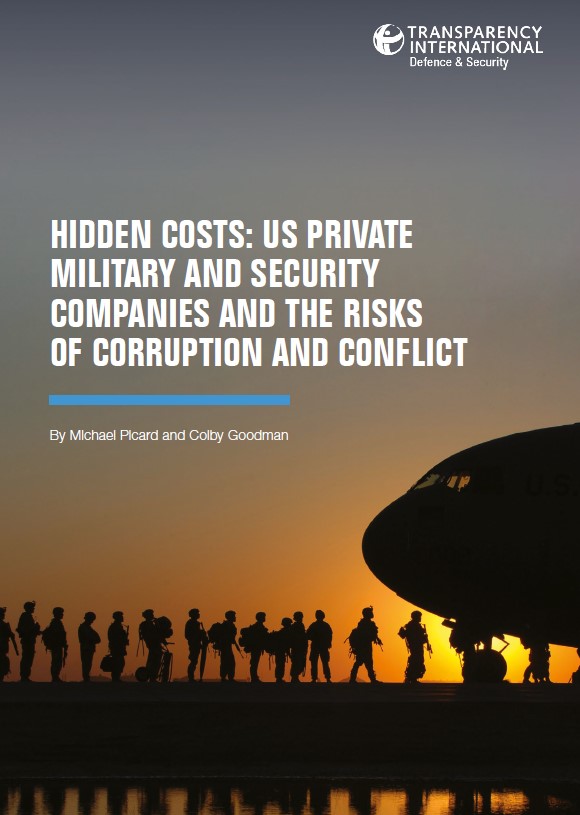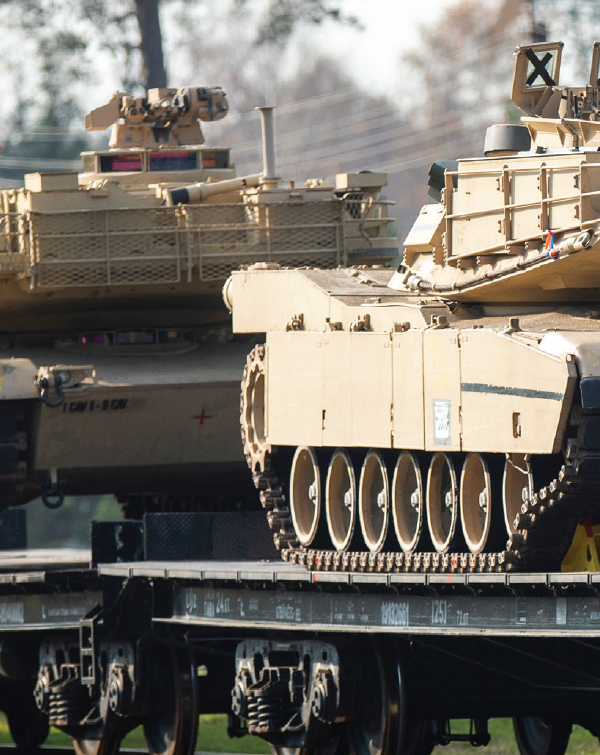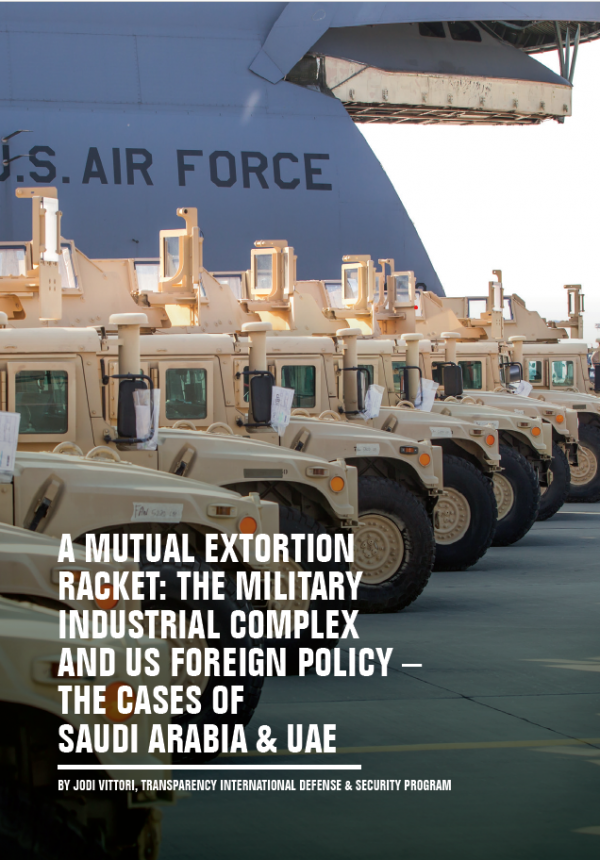The United States’ military spending, at $1.6 trillion in 2015, is the largest in the world, outpacing the next seven largest military budgets combined. It is also the largest arms exporter in the world and has five of the ten largest military companies. Additionally, due to its role in NATO and a variety of bilateral security arrangements, its security sector has large systemic effects on security sectors worldwide. As such a leading figure in the global defence sector, the US is an important priority for our programme.
We work in the US focuses on two areas. The first is the influence of defence industry on US defence policy. We conducted research that explores the underlying processes and pathways to influence and associated corruption risks that enable American defence firms to continue to export arms and defence services to the Middle East, despite extremely poor human rights records, very poor levels of transparency and accountability, and questionable outcomes for US foreign policy interests.
We are also initiating a project to research corruption risks associated with US security sector assistance in the Middle East and North Africa region. Several US government and think tank reports have described how corruption has plagued US government efforts to train and equip foreign security forces in Africa, the Middle East and South Asia. However, while the linkages of corruption and conflict are increasingly understood, American tools for identifying and addressing corruption risks to US security assistance remains underdeveloped and understudied. This project aims to fill key gaps in US government understanding of corruption risks in US security sector assistance and to help develop better policy tools to mitigate these risks.





